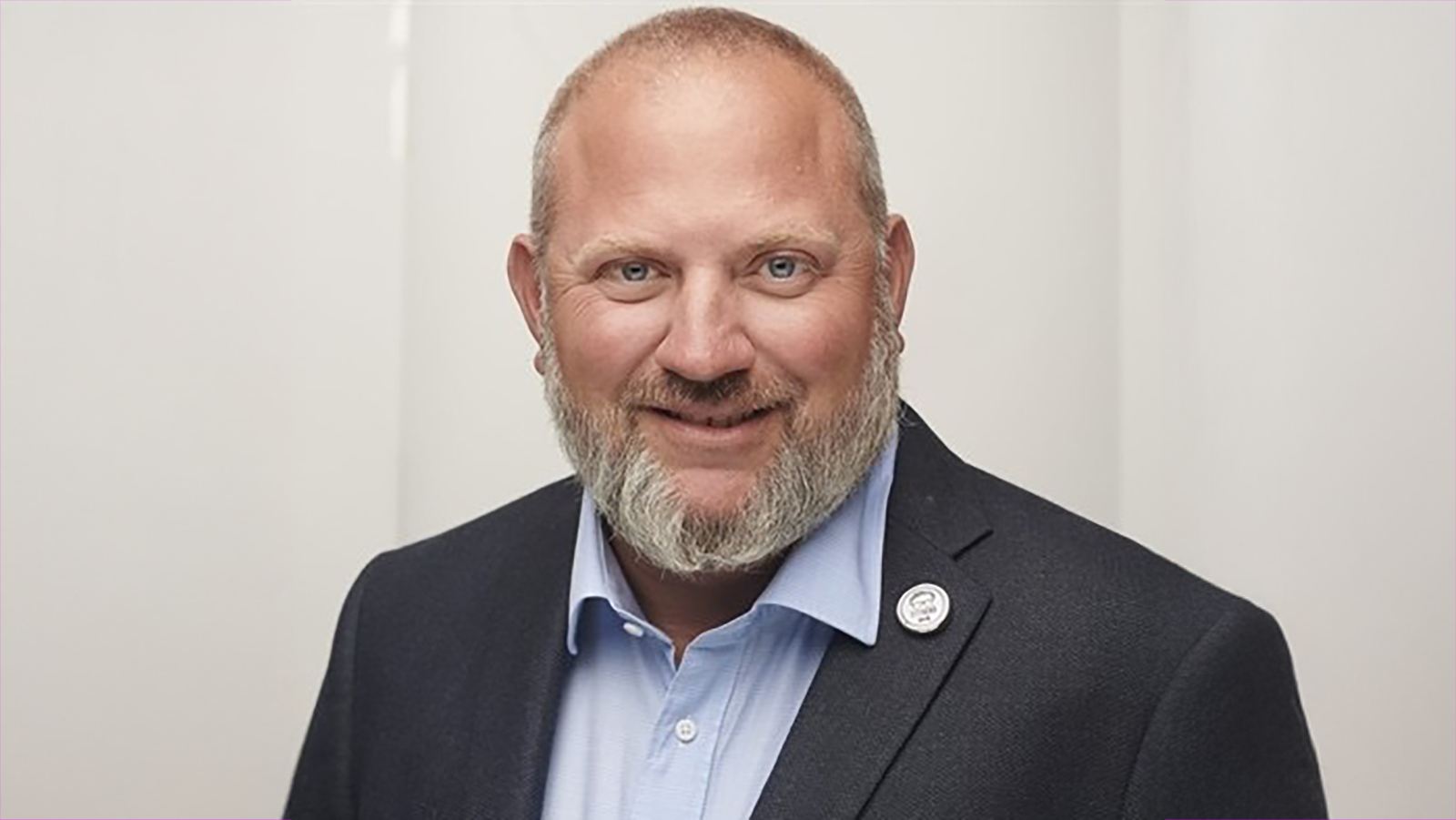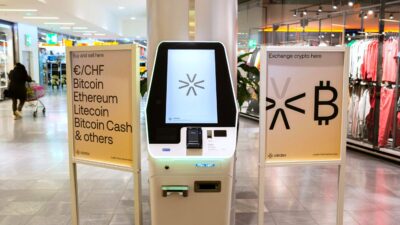ETF Wave Hasn’t Crested Yet, Tidal Co-Founder Says
The business Michael Venuto started over a decade ago has become one of the go-to places for small firms looking to launch ETFs.

Sign up for exclusive news and analysis of the rapidly evolving ETF landscape.
Tidal Financial Group had quite a different name when it was founded in 2012. Back then, it was called Toroso, which means “bull” and “bear” in Spanish.
Now, the New York City-based firm has found success as a third-party service provider that helps build and manage exchange traded funds, and its list of clients keeps growing. Co-founder and Chief Investment Officer Michael Venuto sat down with ETF Upside to talk about the company’s roots and what excites him about the future of the business.
ETF Upside: Tell us a bit about how Tidal got started and the changes it’s been through.
Michael Venuto: The idea was to sell SMAs of ETFs — that was very popular back then. I raised some money to start the firm, and I thought all these relationships that I’ve had for all these years are just going to be like, ‘Yeah, Mike — great. Let’s do this.’ And they didn’t. They all said, ‘Come back when you have X amount of dollars and when you have a three-year track record.’ So we pivoted a bit and said, ‘We’ve got all this great research that’s helping us build our portfolios. Could that help asset managers sell their products?’ And that’s the direction the firm went into the next three or four years.
That became a business. It kept the lights on, and we went from not paying ourselves to paying ourselves a third of what we made before we started the firm. Direxion’s then-Chief Operating Officer Eric Falkeis said, ‘What if I came over there and helped you build the trust? And therefore we could help people grow their assets, but have a carry in the business by being a service provider to them.’ Very quickly we got some traction. We got SoFi as a client early on. We got this group, RPAR, that has the Risk Parity ETF. We got this Sharia-compliant manager that nobody had ever heard of, but all of a sudden they’re launching ETFs and growing like a weed. It was pretty exciting times.
Then it just became about execution. That business model, from 2018 to today, has grown from $1 billion to $36 billion. Today we oversee 230 ETFs and have 76 relationships and 130 employees. It’s been an overnight success after 13 years.
There are now more active ETFs in the US market than passive ones, thanks in part to the many niche and single-stock products out there. What are your thoughts on that trend?
It was a foregone conclusion 10 years ago that there were going to be more ETFs than actual stocks. The way things have come out is different. It’s pretty frothy right now. We have this metric that we post each week, the open-to-close ratio, and it’s close to five right now, meaning for every five ETFs that launch, only one is closing. Industry health is usually around two.
But, we’ve moved upmarket. We’re not really dealing with your day-to-day, call it ‘ETF entrepreneur’ so much anymore. I think they’ve learned the lesson that it’s really hard. The clients that we’re dealing with now tend to be people who already have assets and are just looking to move them towards a better structure.
How many ETFs do you think the market can handle?
You’ve still got three times the amount of mutual funds that you do with ETFs. A lot of people are using these ETFs as solutions for their existing business. It’s not like there’s new assets — it’s just putting them into a more efficient vehicle. We’re seeing a lot of requests for conversions.
What would the advent of dual share classes, pending SEC approval, mean for Tidal?
I just attended this founder summit, this was like 30 of the founders in the ETF industry. We probably spent an hour and a half on this subject. The conclusion is that it’s going to be good for a few people, but the pipes aren’t really there to make this easy for everybody to do. I think this is going to be a boon for DFA or anyone who hasn’t fully converted things, anybody who’s got both a broker-dealer and the captive assets — that’s one of the big benefits Vanguard’s always had with this. People have been able to easily switch from the mutual fund to the ETF without taking a tax gain.
Any mutual fund shop that is going to have a share class in an ETF, they need to either hire a capital markets team that understands how to deal with all these things, or hire Tidal.











